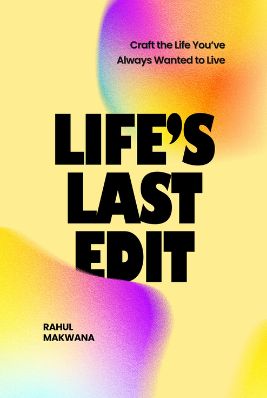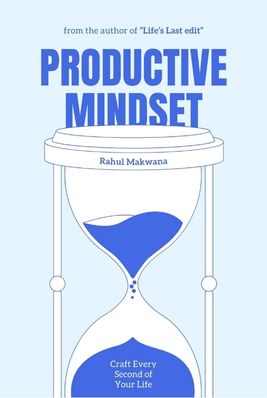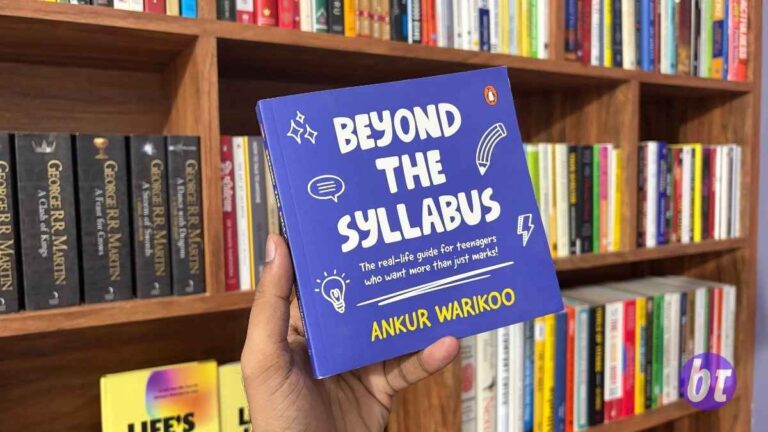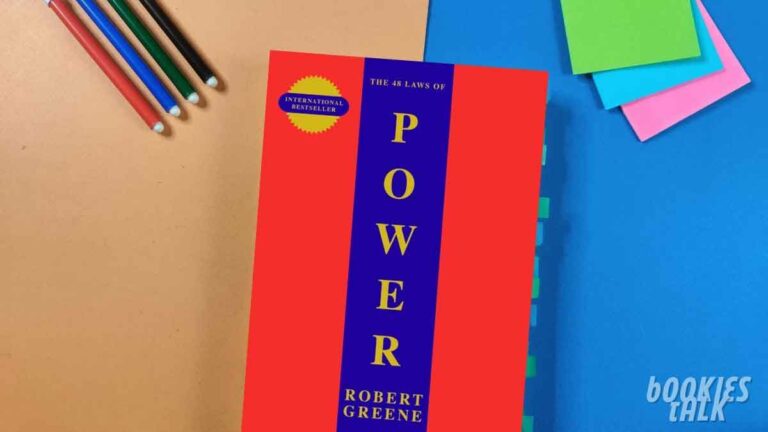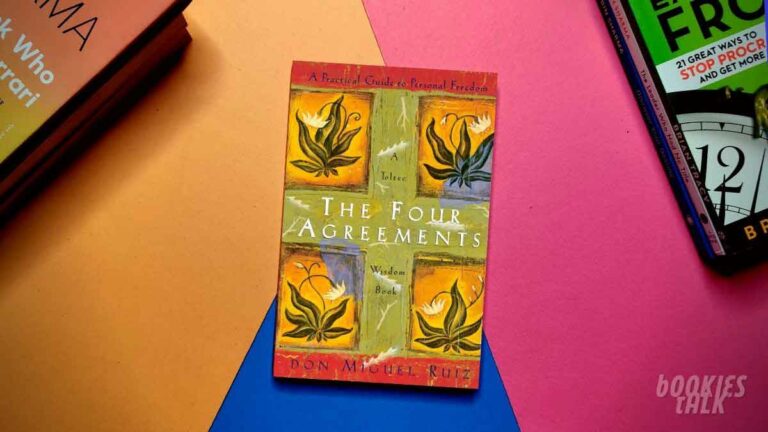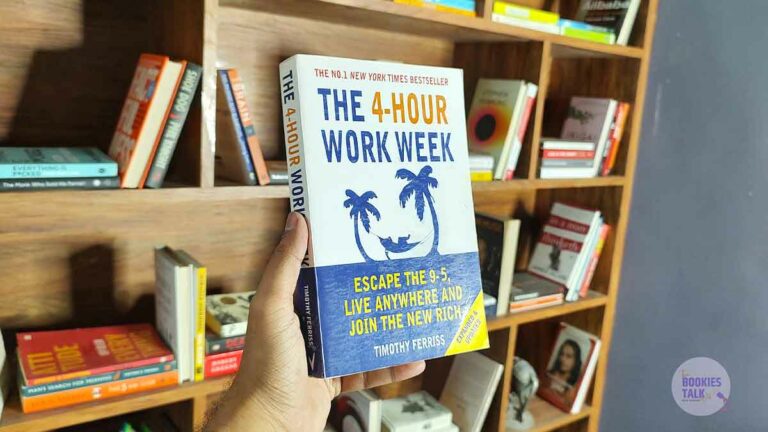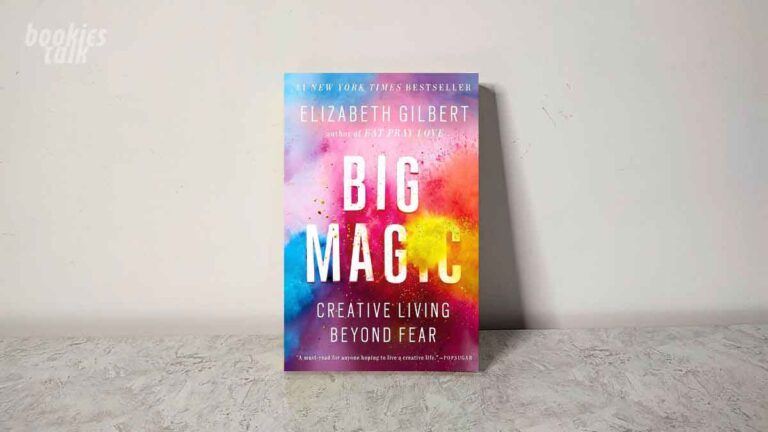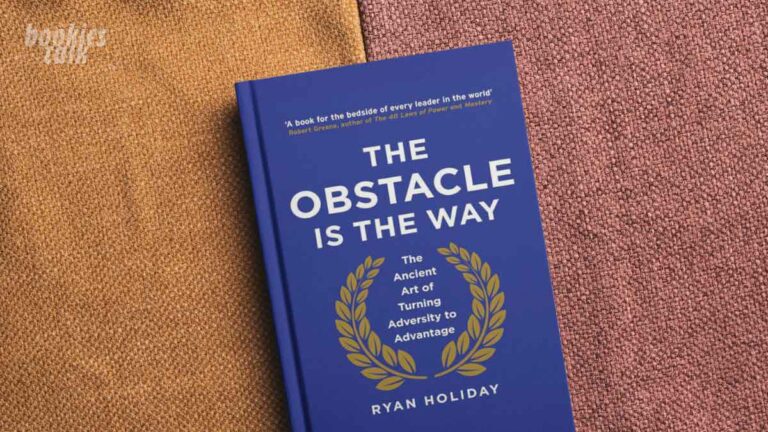Die With Zero by Bill Perkins
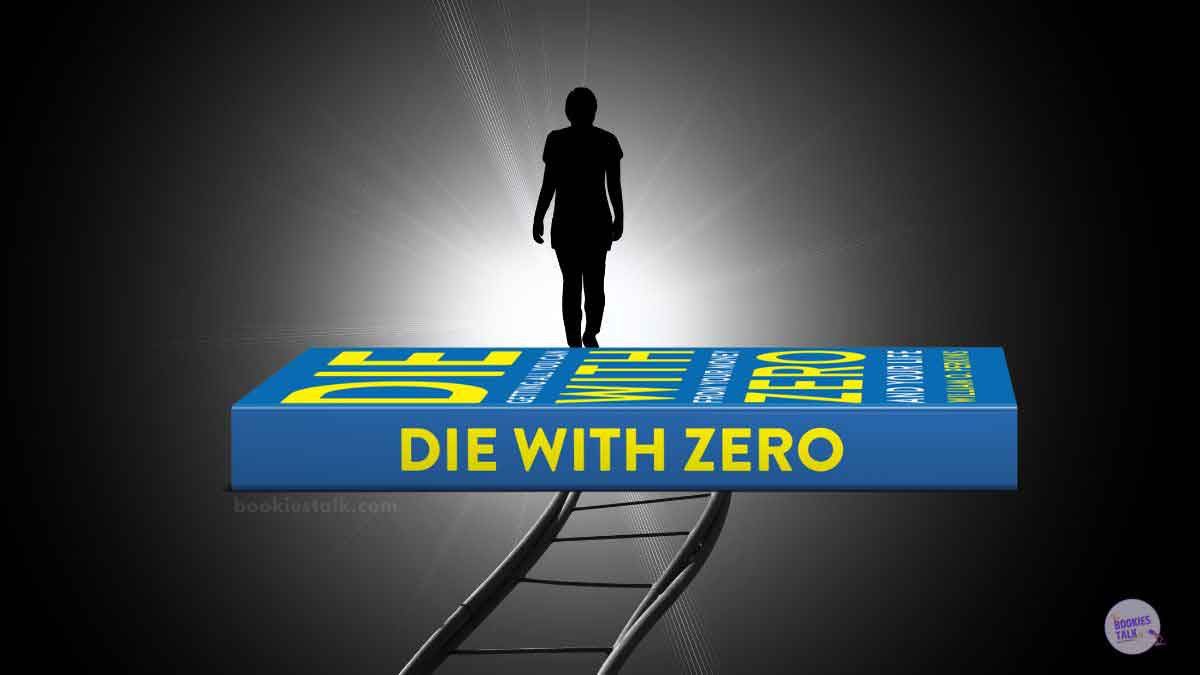
Bill Perkins, author of Die With Zero, talks about how everyone should take more risks at an early age, go on vacations, do more charity, and save less money for retirement.
He’s done a lot of research on how people spend their money from their 20s to 60s, giving you an idea of how you can manage your time and money.
While the author shares many insights, not everything applies to everyone. For example, if someone is earning Rs 10,000 a month, they’re probably focused on earning more rather than thinking about savings or vacations.
The book talks about how people use their money. If you’re in your 20s or 30s, this book can help you understand how much to spend and how much to save for the future.
Enter your email address To join the newsletter. I will be with you every Sunday at 9:00 AM (IST). See you on Sundays.
Book in Five Sentences
- Spend your money on experiences and taking risks in your 20s and 30s because that’s when you have the most time and health. Later in life, it will be harder to enjoy things the same way.
- Don’t wait until retirement to donate to charity. Help others when you have the money and when they need it most.
- Give money to your kids early in life, like in their 20s or 30s. So they can start a business or take risks. This will help them more than waiting until you’re older.
- Take care of your health and stay active while you’re young. You can do more physically in your 20s and 30s, but in your 60s, it gets harder.
- Take risks early in life, whether it’s starting a business or trying something new. If you fail, you’ll have more time to recover and fix things.
Die With Zero Summary
The book doesn’t say “You should die with zero bank balance,” but it talks about enjoying life without constantly worrying about money.
In your 20s, spend money on experiences, like vacations, because those memories will last forever. If you wait until you’re older, you’ll have the money and time, but you won’t have the same health or energy as when you’re younger.
So, make the best use of your time now.
The author also asks some important questions to help figure out how to balance time and money:
- What if I want to give my money to my kids?
- What if I want to do charity when I’m older?
- What if I run out of money before I turn 60?
What About My Kids
I’m from India, and most Indian parents say, “Whatever I have now will be yours when we die.”
But just think about it: What if your parents don’t leave anything for you?
Bill Perkins addresses this topic. He suggests you shouldn’t give money to your kids when you’re in your 60s. By then, your kids will be in their 30s or 40s, and at that stage, the money you give them may not be useful.
They might just spend it on vacations or buy expensive things instead of putting it to good use.
Instead, give money to your kids when you’re in your 40s. This way, they can use it to start a business or pursue any venture they want. Giving it to them early allows them to take risks and grow without worrying about financial struggles. They’ll already have a backup plan thanks to your support.
However, this approach has its risks.
For example, if you give your kids a significant amount of money, they could end up spending it on luxuries or vacations, rather than using it for something productive.
But this won’t be a problem if you know your kids well. If you feel they won’t use the money wisely for business or something valuable, hold off. Let them mature first.
What About Charity
Many people say, “When I retire, I’ll donate to this charity or that one.” But Bill Perkins suggests you should do charity when you have the money and when someone truly needs it.
Think about COVID-19. During that time, many people lost their jobs and loved ones. If you had the means, that was the time to help others.
You don’t need to wait until retirement to give back. If you have the resources now, you can make a difference today.
What If I Run out of Money
A common concern is, “What if I do charity in my 40s and run out of money?”
This is where money management becomes crucial. You need to understand your needs and how much you’ll earn until retirement. Building passive income, investing in dividend stocks, or buying property can help create long-term wealth.
As I mentioned before, Bill Perkins shares a lot, but not all of it will apply to everyone. For example, if someone is earning Rs 10,000 a month, they won’t be thinking about saving or vacations—they’ll be focused on finding ways to earn more.
Now, I won’t dive into “How to Manage Money” because we’ve already covered that in The Psychology of Money.
Time and Money
- Between your 20s and 30s, you have lots of time and good health, but not much money.
- In your 30s to 60s, you’ll likely have a decent balance of time, money, and health.
- After 60, you won’t be sure how much time you have left, but you’ll have more money, though health might become a challenge for some.
The key is to stay physically active until your 40s, and then, while still active, be mindful of your body.
For example, if you want six-pack abs or want to try something adventurous like climbing, do it now. In your 60s, it might be harder to keep up with such physical challenges.
Personally, I want six-pack abs, and as I write this, I’m 25 years old. I’ve promised myself to have them before I turn 30.
So, create a bucket list for each stage of your life. You don’t want to look back and regret missing out on things.
Take Risk
If you’re in your 20s, now’s the perfect time to take risks. Whether you want to start a business or try something new, just go for it. If you fail, you have plenty of time to bounce back and fix things.
But if you wait until you’re in your 60s to start a business, and it doesn’t work out, fixing everything becomes much harder, especially without a lot of money.
So, take risks early. The earlier you start, the more time you’ll have to adjust and recover if things don’t go as planned.
Die With Zero Review
Yes, Die With Zero is definitely a good read. If you’re curious about what people do with their money from the age of 20 to 60, this book can give you some valuable insights. It’s a well-researched book that breaks down the relationship between money, time, and health.
Talking about myself, I didn’t learn much from it since I’ve already read many books on topics like time, money, and people. But if you’re someone who’s just starting to read books, this is a must-read to help you understand how you want to use your money.
Buy Die With Zero:
Die With Zero Quotes
“What Good Is Wealth Without Health?”
“First of all, yes, you can certainly leave money to the people and causes you care about—but the truth is that those people and causes would be better off getting your wealth sooner rather than later. Why wait until after you die?”
“A plan to spend a huge portion of your wealth during the last few weeks of life makes no sense. It’s totally irrational.”
“Realize that at every moment you have a choice. The choices you make reflect your priorities, so be sure you’re making those choices deliberately.”
“Although we all have at least the potential to make more money in the future, we can never go back and recapture time that is now gone. So it makes no sense to let opportunities pass us by for fear of squandering our money. Squandering our lives should be a much greater worry.”
“Nothing has a greater effect on your ability to enjoy experiences—at any age—than your health.”
“To fully enjoy life instead of just surviving it, you need to stop driving mindlessly and actively steer your life the way you want it to go.”
“Start thinking more about how you use your limited time, your life energy, and you’ll be well on your way to living the fullest life you possibly can.”
“First of all, yes, you can certainly leave money to the people and causes you care about—but the truth is that those people and causes would be better off getting your wealth sooner rather than later. Why wait until after you die?”
Love What You Read, You Might Like These too…
By the way, we also have a WhatsApp Channel! If you love reading, this is the perfect place for you to join—and the best part? It’s completely FREE!

